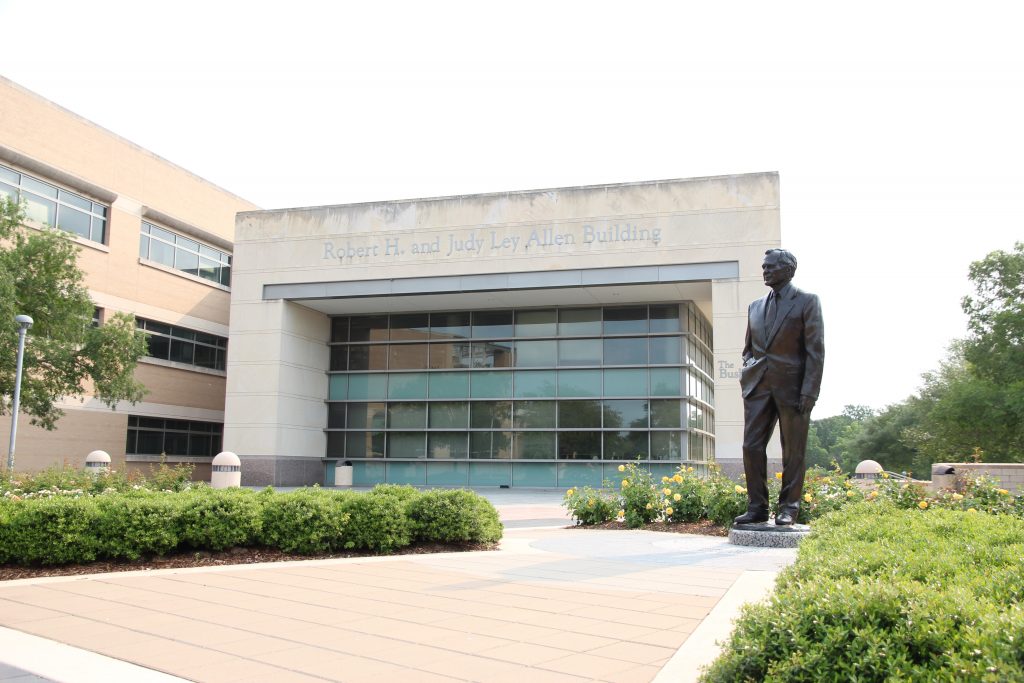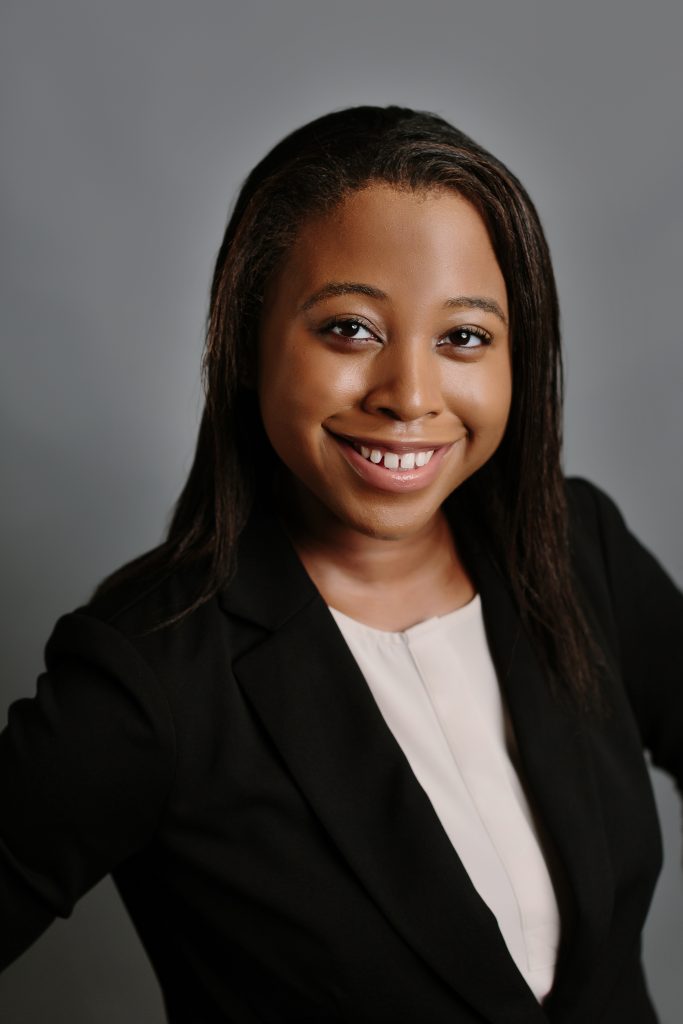First African American woman to receive Ph.D. in Economics this May
Mackenzie Alston shares about her experience as the first African American woman to receive a doctorate from the Department of Economics at Texas A&M University.

By Allen M. Junek ‘18
Graduate student Mackenzie Alston may be receiving her Ph.D. in economics this May, but she’s also making history: she will be the first African American woman to receive a doctorate from the Department of Economics at Texas A&M University.
“I would not have had as smooth of a transition—or as good of a time—if it weren’t for the diverse community of domestic and international students at Texas A&M,” Alston said. “We were there to get our degrees and do our research, but also to support one another.”
After earning her undergraduate degree in economics and mathematics from Washington University in Saint Louis, Missouri, Alston came to Texas A&M to pursue her doctoral research.
“Not many people in my department know this, but I was accepted to Texas A&M as a high school senior,” Alston said. “And while I chose to get my undergraduate degree closer to home, when it came time to consider graduate schools, I chose to apply to Texas A&M.”
Alston’s research as a graduate student has focused on topics related to stereotypes and discrimination.
“Given how topics of equality and discrimination have drawn a lot of attention in recent years, I began to wonder whether one can accurately predict how much discrimination exists in certain settings,” Alston said.
Alston approached this question in the context of people applying for stereotypical male positions.
“I found that men tend to overestimate how much discrimination to expect when they apply for stereotypically male jobs,” Alston said. “This was surprising because I thought it would be the female applicants who were miscalibrating how much discrimination they would face, but it turns out the larger issue is with the men who think they have more of an advantage.”
More broadly speaking, Alston’s research uses experimental economics.
“Experimental economics is the field of economics where you use experimental methods to answer economic questions,” Alston said. “There are a lot of different subfields of economics, but what I find particularly exciting is creating experiments from scratch to answer important questions.”
From predicting how people respond to shocks to understanding gender discrimination in the labor market, experimental economics can be applied to a broad range of economics questions—questions Alston will be investigating as an assistant professor at Florida State University this fall. And that in itself is rather groundbreaking: A recent study in the Journal of Economic Perspectives found that only 15% of economic professorships are held by women. Even more stark is the percentage of tenured positions held by a person of color—a mere 6%.
“I never had a black economics professor,” Alston said. “So if I can get one student of color—or a female—to go into economics, then it will have all been worth it.”
To read more about Alston’s research, click here.

